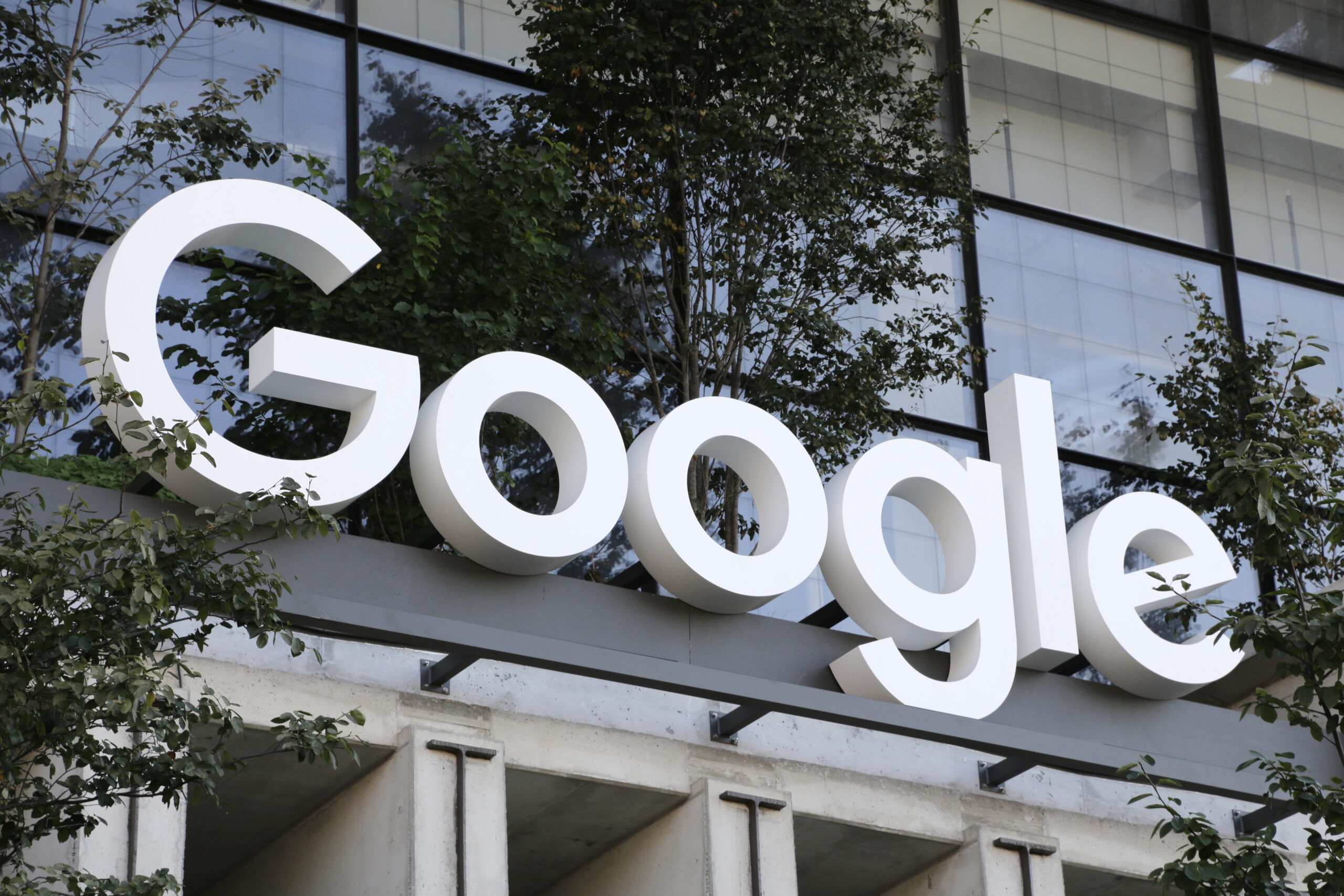Google on Wednesday unveiled a next-generation Pixel smartphones lineup that will be infused with more with more artificial intelligence tools capable of writing captions about photos that can be altered by the technology, too.
The injection of more artificial intelligence, or AI, into Google’s products marks another step in the company’s attempt to bring more of the technology into the mainstream – a push they signaled they were embarking upon during their annual developer’s conference five months ago.
“Our focus is on making AI more helpful for everyone in a way that is bold and responsible,” Rick Osterloh, Google’s senior vice president of devices and services, said during Wednesday’s event held in New York. As if to leave no doubt about Google’s current priorities, Osterloh described the new Pixel 8 and Pixel 8 Pro phones as a conduit for having “AI in your hand.”
The company’s next moves will include allowing its 7-year-old Google Assistant to tap into the company’s recently hatched AI chatbot, Bard, to perform tasks. The expanded access to Bard comes just two weeks after Google began connecting the AI chatbot to the company’s other popular service such as Gmail, Maps and YouTube.
One of the new tricks that the Bard-backed assistant is supposed to be able to do is scan a photo taken on a phone powered by Google’s Android software and generate a pithy caption suitable for posting on social media. As Google has been doing with most of its AI gambits, the Bard-backed Google Assistant initially will only be available to a test audience before it is gradually offered on an opt-in basis to more owners of the latest Pixels.
As has become common across the industry, most of the other technology in the Pixel 8 and Pixel 8 Pro phones unveiled during an event in New York will be similar to what has already been available in last year’s models.
One of the main selling points of the new phones will be improved cameras, including more AI-empowered editing tools that will mostly be available on the Pixel 8 Pro. The AI features will be able to spruce up photos, zoom into certain parts of images, substitute faces taken from other pictures in group shots and erase objects and people completely from images.
Google is counting on the new AI twists added to this year’s lineup will be enough to justify a price increase – with the starting prices for both the Pixel 8 and Pixel 8 Pro increasing by $100 for last year’s comparable models.
That will result in the Pixel 8 selling for $700 and the Pixel 8 Pro for $1,000 when they go on sale in stores next week. Apple also raised the starting price of its top-end iPhone by $100 when its latest models came out last month, signaling inflationary pressures are starting to drive up the costs of devices that have become essential pieces of modern life.
The Pixel 8 Pro will also be able to take people’s temperatures – an addition that could be a drawing card in a post-pandemic era as various strains of COVID continue to evolve. But Google is still trying to get regulatory approval to enable that capability in the U.S. A 2020 phone, the Honor Play 4 Pro made my Huawei, also was able to screen for fevers, so Google isn’t breaking totally new ground.
Despite generally getting positive reviews, the Pixel phones have barely made a dent in a market dominated by Samsung and Apple since Google began making the devices seven years ago. But they have been gaining slightly more traction in recent years, with Pixel’s share of the high-end smartphone market now hovering around 4% from less than 1% three years ago, according to the research firm International Data Corp.
Google can afford to make a phone that doesn’t generate huge sales because it brings in more than $200 billion annually from a digital ad network that’s anchored by its dominant search engine. A big chunk of the ad revenue flows from the billions of dollars that Google pays annually to lock in its search engine as the main gateway to the internet on the iPhone and Samsung’s Galaxy lineup.
The agreements that have given Google’s search engine a lucrative position on phones and computers are the focal point of an ongoing antitrust trial in Washington, where the U.S. Justice Department is trying to prove its allegations that Google has been abusing its power to stifle competition and innovation.
(AP)











